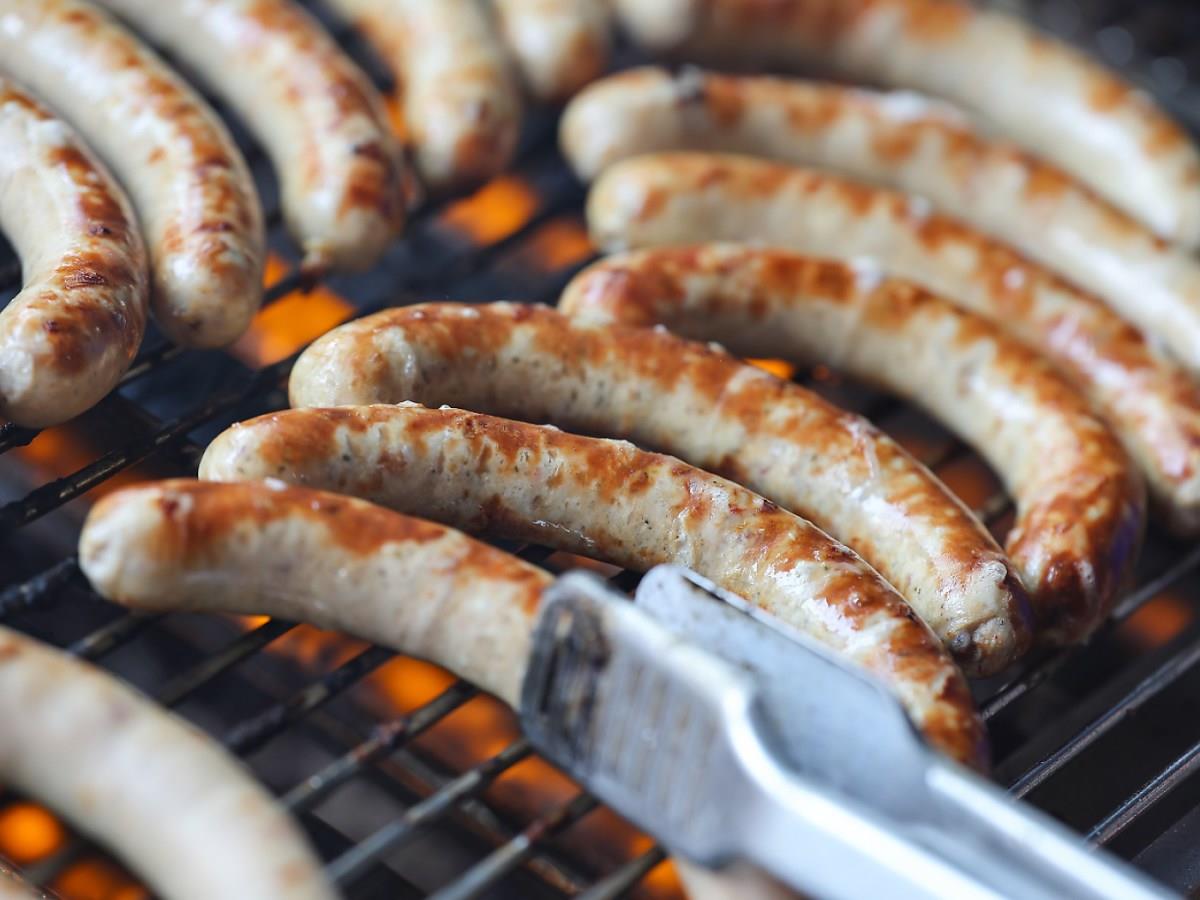
Swiss Increasingly Cutting Down On Meat
-
Deutsch
de
Schweizerinnen und Schweizer verzichten vermehrt auf Fleisch
Original
Read more: Schweizerinnen und Schweizer verzichten vermehrt auf Fleisc
+Get the most important news from Switzerland in your inbox
The proportion of flexitarians in particular has grown, the University of St Gallen reported on Monday. Flexitarians deliberately reduce their meat and fish consumption, but do not give it up completely.
To be considered a flexitarian in the study, a person could not eat more than 300 grams of meat and 200 grams of fish and seafood per week. In 2022, around 18% of all households surveyed stated that they had a flexitarian diet, in 2024 it was around 27%.
+ The Swiss have to eat less meat by 2050. Here's how.
In contrast, there was hardly any growth in vegan or vegetarian diets. Vegetarians recorded a slight increase from 7.8% to 8.1%, while the proportion of vegan households remained very low, falling slightly from 0.5% to 0.3%.
Cow's milk remains popularWhile meat and fish consumption is increasingly being reduced, the consumption of dairy products remains constant at a lower level in comparison, according to the study.
Although plant-based milk and yoghurt product alternatives are increasingly available, their consumption in Switzerland has remained low, according to the University of St Gallen.
+ Sales of meat substitutes fall in Switzerland
The study was based on data from the“Swiss Nutrition Atlas”. In 2024, 308 households were surveyed for this purpose. The survey period covered the months of May and June, with May 2024 in particular being very rainy in Switzerland. As the researchers admit in the study, this led to a delay in the barbecue season, which may have influenced consumption habits and therefore the results of the survey.
Translated from German by DeepL/ts

Legal Disclaimer:
MENAFN provides the
information “as is” without warranty of any kind. We do not accept
any responsibility or liability for the accuracy, content, images,
videos, licenses, completeness, legality, or reliability of the information
contained in this article. If you have any complaints or copyright
issues related to this article, kindly contact the provider above.


















Comments
No comment